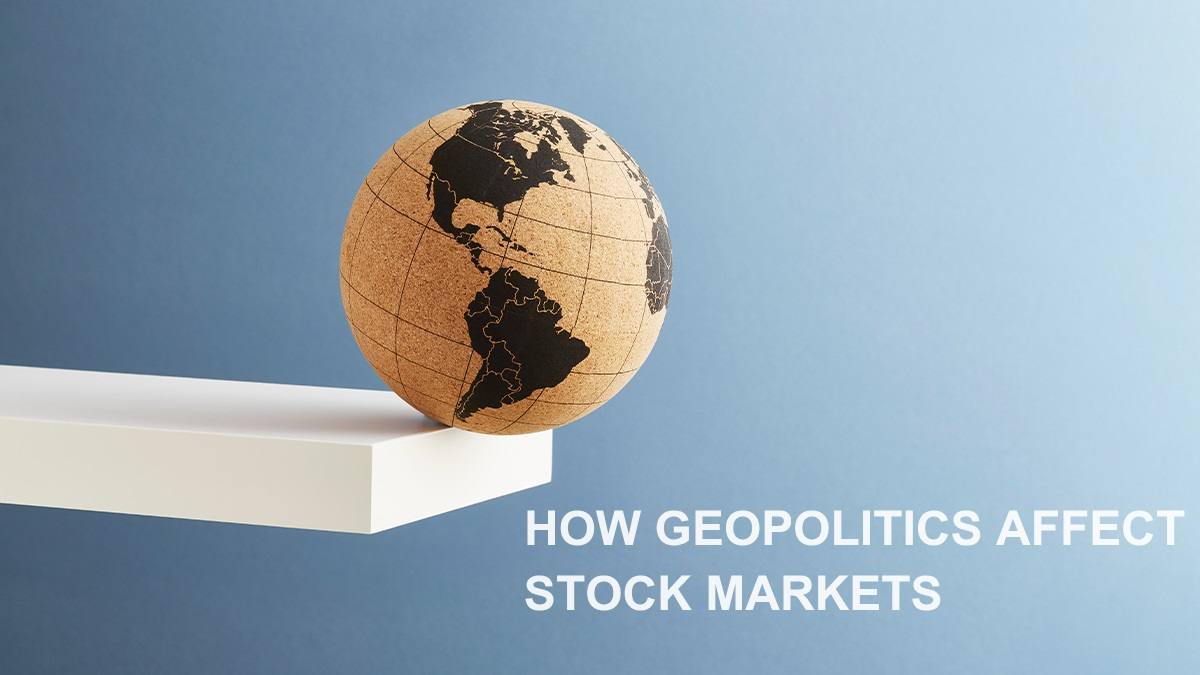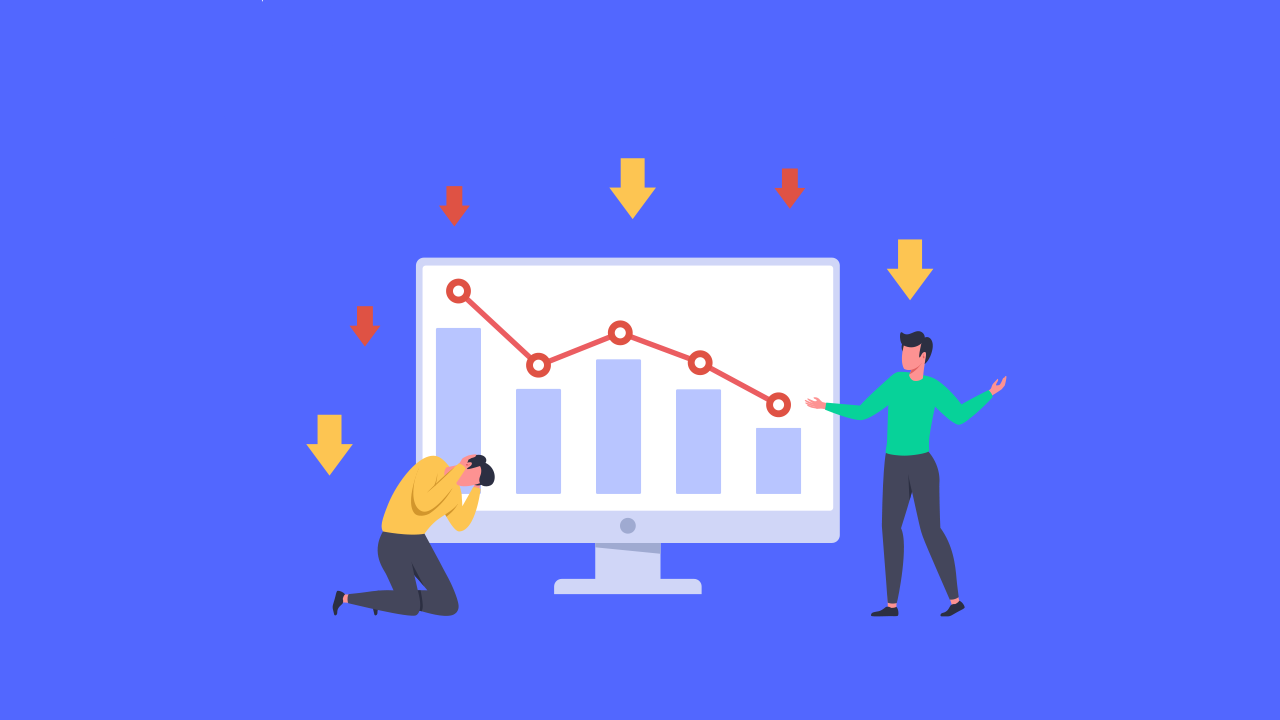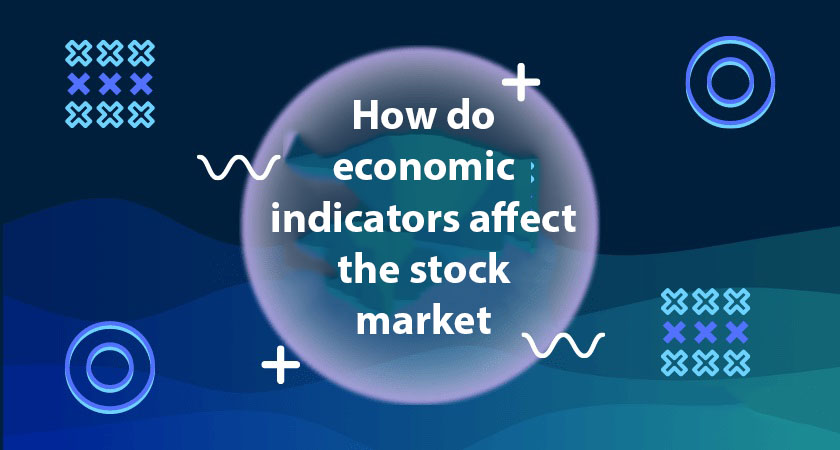As an investor, you can’t ignore how geopolitics affect stock markets. Every headline, from elections to trade wars, sends waves across the globe, shifting the value of your portfolio. But why does this happen? My deep dive starts with a look at the intricate link between international politics and market shifts. Next, I tackle the immediate market reactions to global news and the subtle undercurrents that influence financial strategies. Stick with this guide, and you’ll learn to read the market map like a pro, even when geopolitical storms hit. Ready to navigate through the tides of change? Let’s wade into the waters of geopolitical finance together.
Unraveling the Relationship Between International Relations and the Stock Market
Assessing the Immediate Market Response to Political Events
When a big political event hits the news, stock markets react fast. How do market response to political events? Stocks can drop or jump based on what leaders decide. Let’s dig in.
Say a country faces a sudden change in leadership or goes through an election. Stocks tied to that country can see quick changes in price. Markets like stability. Elections can bring unknowns, and stocks may fall as a result. Investors watch these events closely. They want to guess what will happen to their money.
An example? When the UK voted for Brexit, many stocks took a hit. This showed how election outcomes and market response are linked. It was a big deal for folks buying and selling stocks. They had to think fast and act fast.
Understanding the Influence of Global Events on Financial Decisions
Let’s talk about the wide world’s role in your wallet. How does the influence of global events on finance work? If a country’s leaders fight or there’s war talk, this can scare people who invest. They might sell their stocks, and this drives prices down.
Trade tensions and stock prices also dance together. If two countries have a trade spat, their stocks can dip. But it’s not all bad news. When countries sign peace deals or trade treaties, stocks often perk up. This is how diplomatic relations and market trends connect.
A case to note is when the US and China talk tariffs. These chats can leave stock markets all over the globe shaky. Investors hate not knowing if goods will cost more or how countries will get along.
To wrap it up, the stock market’s like a sea. It has tides that go up and down with the world’s news. Smart investors try to read the waves. They use something called political risk analysis for traders. It helps them guess what might happen next.
We’ve looked at how sudden events or long-term tensions can make markets wobble. The key is to keep an eye on the news. Always think about how big world happenings can touch your stocks. Remember, every country’s choice can stir the pot.
So, when big news breaks, don’t just watch. Think about what it means for your money. This is how you learn to swim in the deep waters of the stock market. Keep an eye on those tides of change. They’re the secret to staying afloat and making smart moves.
The Economic Consequences of Geopolitical Crises
Navigating Through Political Instability: Market Effects and Strategies
When countries fight, argue, or don’t agree, stock markets feel it. Prices can drop fast. We must watch news, world events, and big leader meetings. When a country faces trouble, like a war or protests, investors get worried. They might sell their stocks. This can make prices fall. It’s like when kids hear rumors of a strict substitute teacher. They might decide to stay home. In the market, we call this ‘political instability’.
Investors need good plans. They should know which companies or lands might get hit by these hard times. Some folks focus on things that everyone always needs, like food and healthcare. These areas might not shake up as much when trouble hits.
It’s wise to spread your bets. Don’t put all your money in one spot. Imagine it like playing tag. You wouldn’t stand still. You move around, so you’re harder to catch. In the market, this is called ‘diversifying’. It helps you not lose too much if something bad happens.
Evaluating the Impact of Sanctions and Trade Tensions on Stock Prices
When countries don’t get along, they might stop trading. This is a ‘sanction’. Or they might charge more for things they sell to each other. We call this a ‘trade tension’. Both can make stock prices wobble, just like when two kids stop sharing toys, and everyone starts picking sides.
Sanctions can hurt. If a country can’t sell its stuff, that’s bad for business. It can hurt people in that land. And it can scare off investors. They think, “Hmm, too risky”, and then they take their money elsewhere. Stocks in that land might not do so well after that.
Trade tensions can go back and forth. It’s like a game of tug-of-war. Prices might swing up and down as the two sides pull. It’s a bumpy ride for anyone invested in those stocks.
So, when we hear about these sanctions or tensions, we act fast. Smart investors watch where the wind blows. They keep an eye on places with less drama. They also track which industries might hurt the least or even gain. Let’s say the price of metal goes up because of a trade tension. Companies that mine metal might see their stock prices climb.
It’s a tricky game. Just like sailing a boat in a storm. You’ve got to be quick and smart. You must change your direction when the wind changes. You also have to know the waves, so you don’t go under. In the stock world, that means staying on top of the news. It’s all about making the best moves before the market does. This helps keep your money safe and maybe even helps it grow.
Elections, Diplomacy, and Defense: Predicting Market Movements
The Role of Election Outcomes in Shaping Market Response
Election results can really shake stock prices. People want stable and clear rules to follow when they put their money into the market. New leaders bring new policies, which can be good or bad for business, and that’s why investors always keep a close eye on elections. They try to predict what will happen so they can make smart moves with their money.
Elections can change how countries work with each other. They can start or end trade deals. This matters a lot because these deals can decide if a company can sell their stuff in other countries easily. When there’s a big election, people who trade stocks are often very busy. They watch every move and try to guess how it will make stocks go up or down.
Defense Sector Dynamics: Analyzing the Financial Implications of Geopolitical Events
When countries don’t get along or when there’s a war, defense stocks often go up. That’s because people think governments will spend more on military stuff. This can be good for companies that make weapons or other defense gear. But, this can also be bad for other parts of the market. People may worry and sell their stocks, which makes prices fall.
Big events, like when countries argue or fight, can make the stock market shaky. If a place has a lot of oil and there’s a risk of war, oil prices go up because people worry there won’t be enough. High oil prices can make things more expensive to make and send places. This can make things harder for businesses and can be bad for their stocks.
War can scare people with stocks. They might sell because they don’t want to risk losing their money. But some traders look for opportunities. They look for stocks that might do well or get stronger during tough times. It’s a mix of knowing about politics and being smart about money.
When countries put sanctions on each other, it’s a big deal for stocks too. Sanctions can make it hard for companies to sell things or get what they need. This can mess with how well a company does, which can push stock prices down.
Understanding how elections, defense, and diplomacy affect the market is important for traders. They use this knowledge to guess how things might change. They use what they know to keep their money safer or to find new chances to make more. This is a big part of playing the stock market game well in our world full of changes.
Strategies for Investors in a World of Geopolitical Uncertainties
Harnessing Political Risk Analysis to Inform Trading Decisions
When big events shake up the world, they also shake up stocks. Think about how fast news moves. A tweet flies out; markets dip. A deal is signed; stocks climb. As a trader, you can’t just watch. You need to really see. That’s where understanding political risk comes in. It tells you how elections or wars may make markets swing. It’s not just about knowing. It’s about expecting what might come next.
Political risk is like the weather for trading. Just like carrying an umbrella for rain, you read risk to stay safe in storms of change. To use it right, watch how governments act. See a new law coming? It might twist investment winds. Trade tensions rise, and so do waves in stock prices. You stay afloat by mapping these moves beforehand. Ready your portfolio for anything. That’s how you sail through rough market seas.
Addressing the Impact of Energy Market Geopolitics on Investment Portfolios
Now, let’s talk energy. It powers our world, and it drives our stocks too. When global events hit energy hard, it’s like a storm hitting coastlines. This can touch your energy stocks and mix up your whole portfolio. Trouble in oil-rich places can push prices up. It affects energy companies, and all stocks linked to them. Big energy shifts can even switch which countries have money power.
Think of energy geopolitics like weather fronts. You watch them to plan ahead. If you know a storm of change is brewing, you change course. Maybe you choose safer stocks or spread your bets wider. The aim is to make your portfolio strong against energy shakes.
So, you’ve got to stay sharp. Use political risk tools, and keep an eye on energy markets. Spot the ties between world events and money waves. Do this, and you’re setting your sails right, even when geopolitical tides turn.
We’ve explored how global events shake the stock market. Political news can hit markets fast. It’s key to grasp why this happens. In the face of unrest, markets shift. Sanctions and trade wars also jolt stock prices. Whether it’s an election or defense moves, the market reacts.
For investors, it’s all about staying agile. To handle these shifts, it helps to study and predict risks. Knowledge is power when investing, especially with energy politics in play. Remember, smart choices come from understanding these ties. I say watch the world stage closely—it’s your move, investors.
Q&A :
How do geopolitics influence global stock markets?
Geopolitical events can have substantial effects on global stock markets by altering investor risk perceptions and confidence levels. When political stability is threatened, uncertainty can induce market volatility as investors may move their funds to safer assets, impacting stock prices and foreign exchange rates. Such events can lead to changes in oil prices, trade policies, and political alliances, all of which can reshape the investment landscape.
What types of geopolitical events have the most significant impact on stock markets?
Major geopolitical events that tend to have the most pronounced impact on stock markets include wars, terrorism, economic sanctions, trade disputes, and political upheavals. These events can disrupt global supply chains, impact international relations, and cause economic uncertainty. The reaction of the stock markets can vary depending on the scale of the event and its perceived implications for global economic growth and stability.
Can geopolitics lead to opportunities in the stock market?
While geopolitics often introduces risks and volatility to the stock market, it can also present opportunities for investors. During times of geopolitical tension, certain sectors such as defense, cybersecurity, and commodities like gold, often considered as safe havens, may perform better. Additionally, savvy investors can identify undervalued stocks or markets that may recover once stability is restored.
How should investors manage their portfolios in the face of geopolitical risks?
Investors are advised to maintain a diverse portfolio to mitigate risks associated with geopolitical events. Investing across various geographical regions and sectors can provide a buffer against localized geopolitical disruptions. Additionally, having a mix of stocks, bonds, and other asset classes can help stabilize returns during volatile periods. Investors should also stay informed about ongoing geopolitical developments and consult with financial advisors to adjust their strategies accordingly.
Are there any tools or indicators to predict how geopolitical events will affect the stock market?
While it’s difficult to predict the exact outcomes of geopolitical events, there are several tools and indicators investors might use to gauge potential impacts on the stock markets. Monitoring news outlets, political analysis, and market sentiment can provide insights. Economic indicators like oil prices, gold prices, and volatility indexes (e.g., VIX) can also signal investor sentiment and potential market shifts. However, these tools are best used in conjunction with professional financial advice for a clearer assessment of geopolitical risks.






